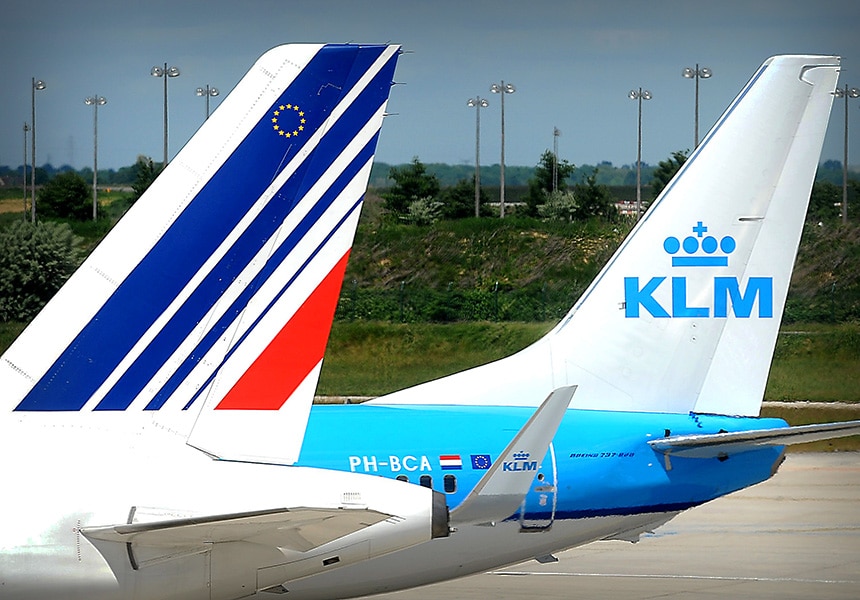While it may not be a tremendous insight to know that business travelers are heavy users of loyalty programs, the story behind the data has us asking—why don’t leisure travelers use loyalty programs more? The truth is that airline programs, in particular, have become so focused on elite business travelers that they simply aren’t relevant to the vast majority of travelers who fly for leisure. Are travel loyalty marketers missing an opportunity to build relationships with an underserved market?
eMarketer has a helpful compendium of travel loyalty-related stats that illustrate the differences in how business travelers relate to travel providers, versus how leisure travelers relate to them. Money quote:
“New data from Phocuswright and Acxiom found that four in five US travelers were members of some type of travel-related loyalty program. The … survey, conducted in March, found that business travelers were more committed to loyalty programs than leisure travelers across pretty much every segment of the travel market—for the obvious reason that they are likely to travel more frequently. For instance, 62% of business travelers had signed up for a hotel’s loyalty plan, compared with just 54% of leisure travelers Similarly, the airline loyalty program sign-up rate was 60% for business travelers and 50% for leisure travelers.”
eMarketer also quotes from a CrowdTwist survey revealing that travel loyalty programs rate in “the middle of the pack” in general consumer participation, with retail loyalty programs leading in consumer activity. The 2017 Bond Brand Loyalty survey, meanwhile, revealed that only 39 percent of airline loyalty program members and 38 percent of hotel loyalty program members are satisfied with those programs.
Break out those later numbers by business traveler versus leisure traveler, and you’d most likely see those participation and satisfaction numbers rise. The intense competition for business travel has seen airline programs retrench around that segment, with most airlines moving to a revenue-based reward model while cabin amenities, upgrades, and other perks are increasingly concentrated around the top one percent of flyers. Hotels, meanwhile, have in many cases made their programs more egalitarian, providing pay-with-points and partner offers that allow low points-balance leisure travelers ways to burn off their points—and we all know how reward redemptions lead to more loyal behaviors.
Given that bifurcation in response, it’s hard not to think that airlines are missing a trick by not joining their hotel counterparts in building more egalitarian loyalty programs. While the U.S. Travel Association stats reveal that business travel spending outpaced leisure travel in 2016 by $990 billion to $680 billion, that latter spending figure is nothing to sneeze at. Someone is going to capture the lion’s share of that $680 billion—and chances are, it will go to the airlines and hotels who do the best job of building strong relationships with leisure travelers.
Rick Ferguson is Editor in Chief of the Wise Marketer Group and a Certified Loyalty Marketing Professional (CLMP).


